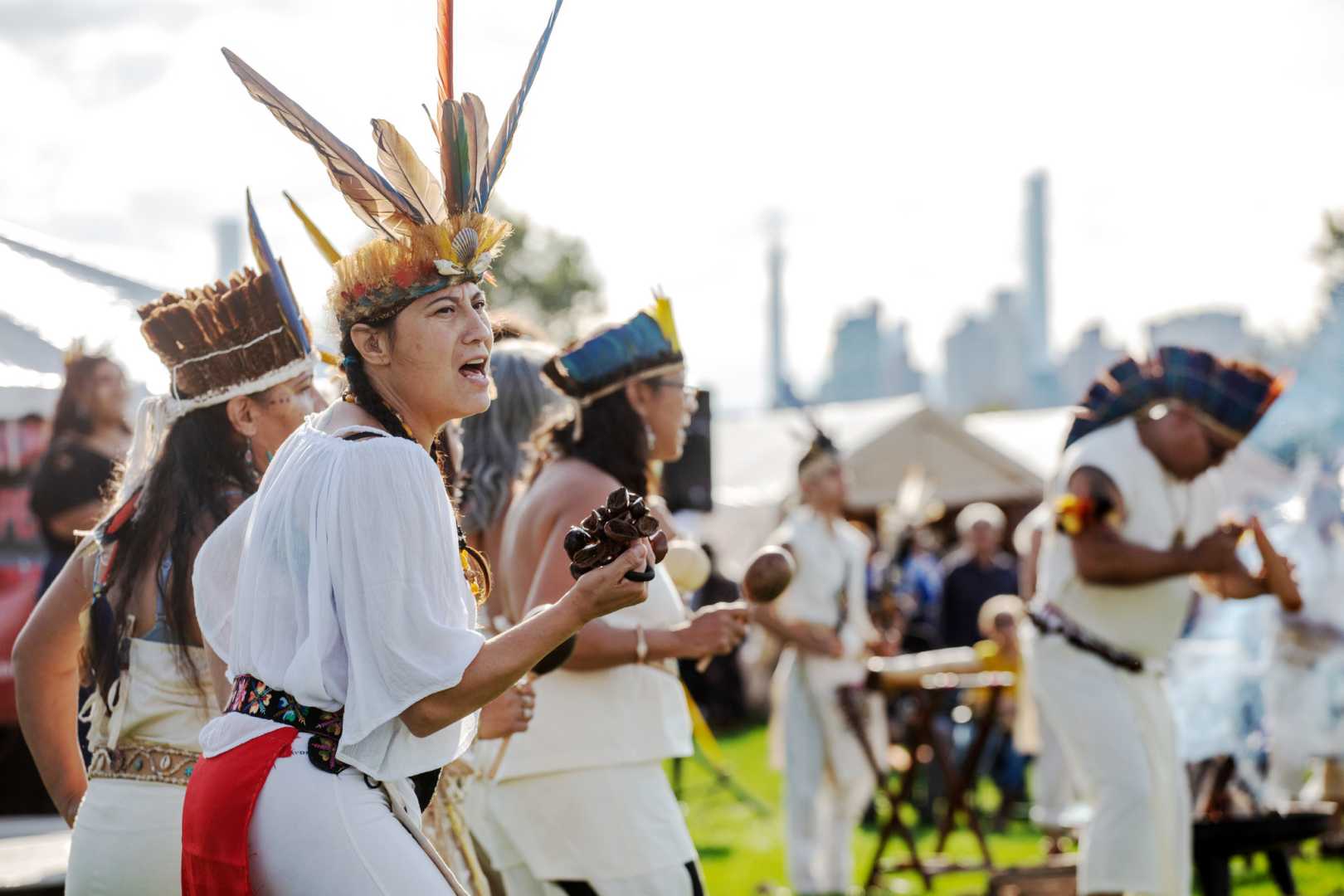News
Columbus Day and Indigenous Peoples Day: A Holiday in Transition

The second Monday of October is marked by the observance of both Indigenous Peoples Day and Columbus Day in the United States. Since 2022, President Joe Biden has recognized Indigenous Peoples Day, reflecting a growing shift in how the day is commemorated. However, according to Pew Research conducted in 2023, Columbus Day remains a public holiday in 16 states across the nation, indicating that the holiday is still in a state of transition.
Christopher Columbus is traditionally celebrated for his 1492 voyage that led to the European discovery of the Americas. However, in recent years, there has been increased advocacy to reframe the holiday into a recognition of Indigenous cultures and histories. This shift is reflected in the decision of approximately 216 cities and 29 states across the United States, including Washington D.C., which have either renamed the holiday or celebrated Indigenous Peoples Day to honor the Native American perspective.
Reynaldo Morales, an assistant professor at Northwestern University and descendant of the Quechua peoples of Peru, commented on this transition, stating Columbus and his men perpetrated “a scope of violence reaching the level of genocide that had no precedent in the large American continent before Europeans.” Morales advocates against the celebration of Columbus’s legacy, which he deems criminal.
Columbus Day was first celebrated in New York in 1792 by the Columbian Order in commemoration of the 300th anniversary of Columbus’s landing. The federal holiday was officially established in 1934 following lobbying by the Knights of Columbus, a Catholic fraternal organization. Over time, however, awareness of Columbus’s impact on Indigenous populations has led to significant reconsideration of his legacy.
Meanwhile, ongoing research and discussions continue to unravel details of Columbus’s identity and origins. Recently, forensic studies confirmed the remains in Seville Cathedral belong to Columbus. These findings were led by José Antonio Lorente, a forensic medical expert from the University of Granada. His investigations have sparked further debate about Columbus’s precise origins, which some claim may differ from the historically accepted Genoese heritage.
In Spain, where the narrative of Columbus is also contested, the date of October 12 is celebrated as a national holiday. However, voices of dissent, such as former Barcelona mayor Ada Colau, criticize the celebration, characterizing it as a glorification of genocide. This sentiment is shared by others who view the honoring of Columbus as a celebration of colonial oppression.
While Columbus Day continues to be a federal holiday, its future may be shaped by the rising recognition of Indigenous Peoples Day and the ongoing reevaluation of historical narratives surrounding Columbus.












